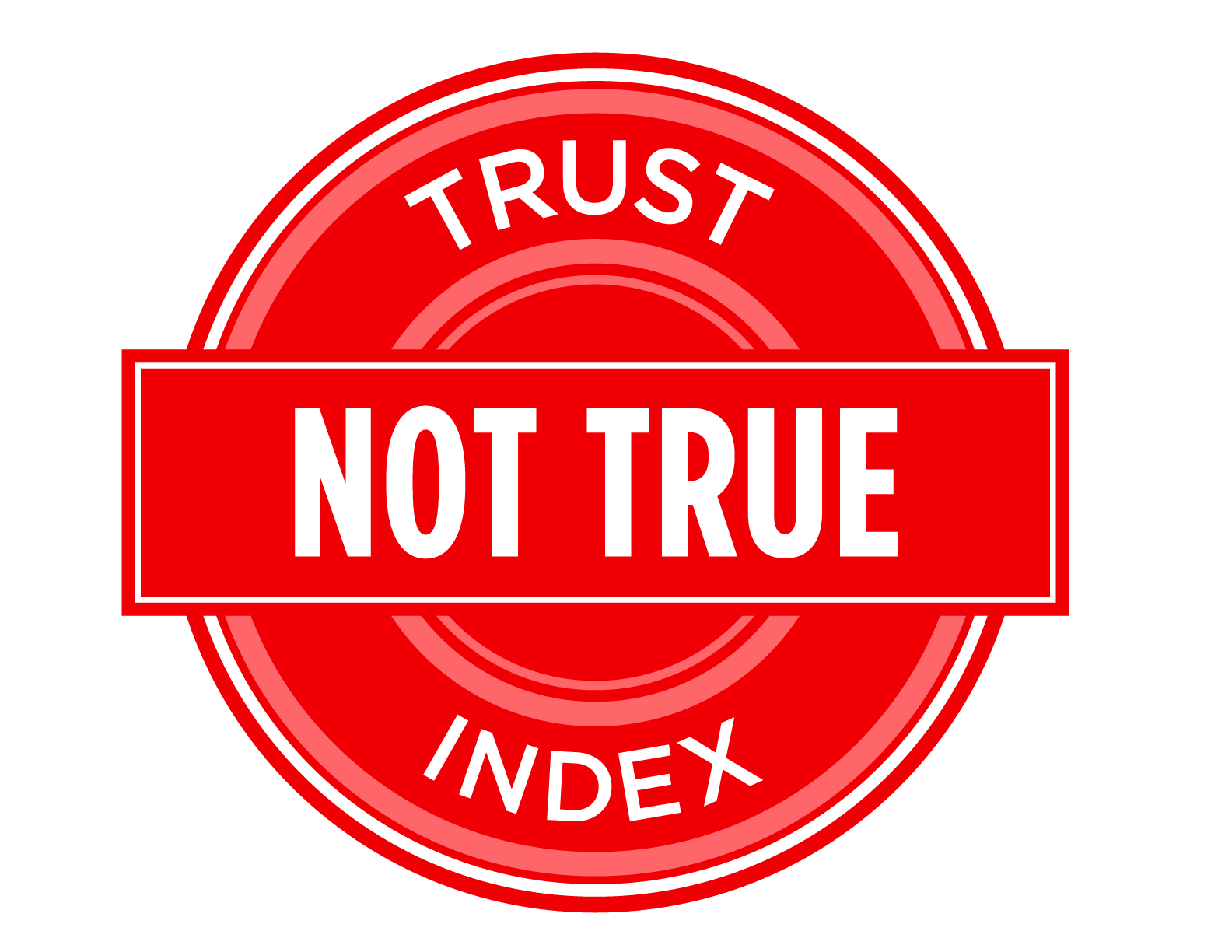JACKSONVILLE, Fla. – President Donald Trump and his son, Donald Trump Jr., have accused the drug manufacturer Pfizer of deliberately delaying the release of information about a COVID-19 vaccine until after the election.
On Monday, Pfizer CEO Albert Bourla announced early study data revealed the company’s COVID-19 vaccine was 90% effective in preventing people from getting the virus.
Later that afternoon, President Trump tweeted:
As I have long said, @Pfizer and the others would only announce a Vaccine after the Election, because they didn’t have the courage to do it before. Likewise, the @US_FDA should have announced it earlier, not for political purposes, but for saving lives!
— Donald J. Trump (@realDonaldTrump) November 10, 2020
Bourla has outright denied those claims, saying the company itself did not learn about the results until Sunday since an independent data company is the one reporting those numbers.
In fact, in a memo released by Pfizer on Oct. 16, Bourla wrote:
“In the instance of Emergency Use Authorization in the U.S. for a potential COVID-19 vaccine, FDA is requiring that companies provide two months of safety data on half of the trial participants following the final dose of the vaccine. Based on our current trial enrollment and dosing pace, we estimate we will reach this milestone in the third week of November.”
This means the numbers Pfizer announced Monday were released a week earlier than expected.
With that information, the Trust Index finds the claim that Pfizer intentionally delayed its announcement until after the election to be NOT TRUE.

After review, we've found this information is Not True.
It should be noted that Pfizer was not one of the companies to join President Trump’s Operation Warp Speed, which helped fund a half dozen vaccines makers to create a vaccine.
Instead, Pfizer invested $2 billion of its own money in testing and manufacturing.
Pfizer said its only involvement in Operation Warp Speed is that those doses are part of the administration’s goal to have 300 million doses of COVID-19 vaccines ready sometime next year.



